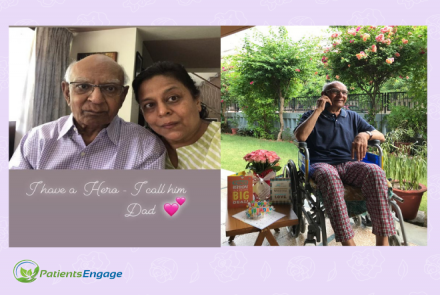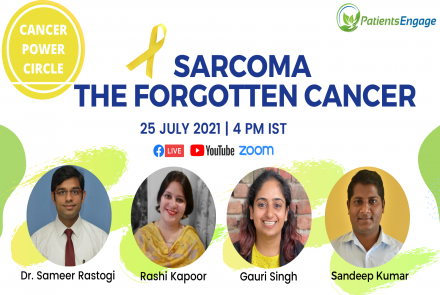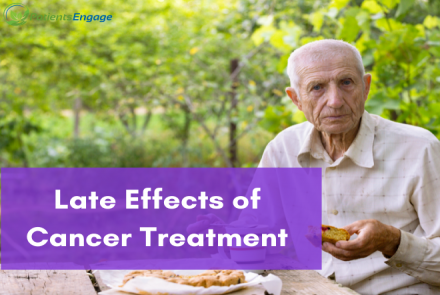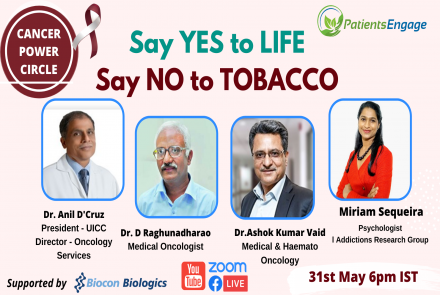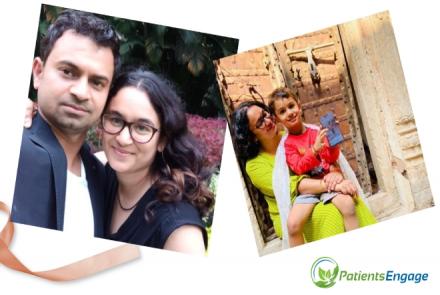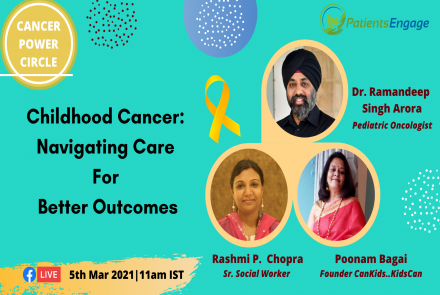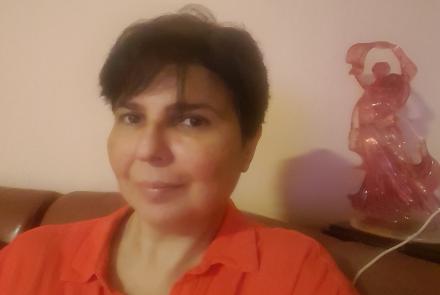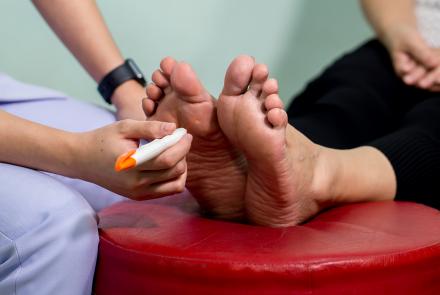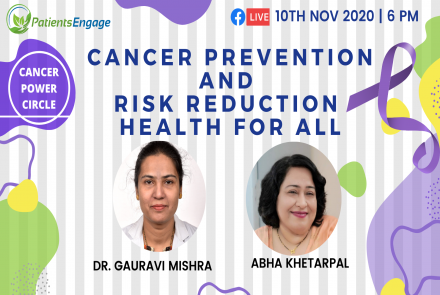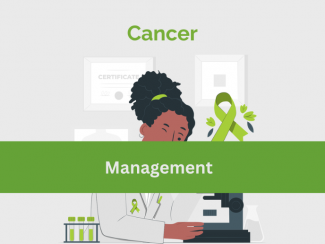
Food and Nutrition
Cancer and cancer treatments can be harsh on the body. Lack of appetite, weight loss and muscle wasting are common during cancer and treatment. Healthy food choices that are high in calories and proteins can boost cell growth, weight gain and improve recovery. Here are some tips for good nutrition that can be followed while treatment is ongoing:
- Eat small and frequent snacks
- Eat every few hours
- Include lots of leafy greens and vegetables in the diet (but make sure they are washed and cooked properly to avoid infections)
- Eat fresh or dried fruits. Opt for fruits with a skin, that can be peeled off.
- Choose foods with fiber such as whole grain bread and cereals
- Have a protein-rich diet. Pick lean meat and fish over red meat and processed meat
- Drink fluids between meals
- Avoid alcohol, and processed or preserved foods
- Avoid excessive salt, sugar and oily foods
Read more: https://www.patientsengage.com/healthy-living/foods-increase-cancer-risk
Physical fitness
It is not only safe to exercise moderately during the treatment, it is good for you. Moderate exercise, for instance, a walk or riding a stationary bike, can improve physical fitness, boost mood and self-confidence and reduce fatigue. In fact, recent studies suggest that higher levels of physical activity lower the risk of re-occurrence of cancer. Exercises such as Yoga and Tai-chi can help reduce stress as well. While treatment is on, you may experience different levels of fatigue and low energy, do as much as you can and gradually increase your exercise levels.
Take charge: Your Action Plan
- Be informed. Learn as much as you can about your condition. Talk to your doctor about your condition, treatment and prognosis. Read up about the cancer, so you know what questions to ask your doctor. Speak to other patients to find out what treatments and therapies have worked for them. Being informed keeps you in charge of your health and treatment.
- Nourish your body. Make sure you are giving your body the nutrition it needs.
- Exercise moderately when you are able to.
- Join a support group. Talk to people facing similar challenges. To family and friends about your feelings. Read books that offer encouragement.
- Stay focused on your treatment with timely follow-ups and healthy lifestyle.
Minimize exposure
- Wear protective clothing, hats, and sunglasses to shield the skin from harmful UV rays.
- Minimize exposure to harmful substances such as asbestos, benzene, and radon in the workplace and at home. Follow safety guidelines and wear protective equipment when handling hazardous materials.
Cancer Screening
- Follow recommended screening guidelines for various types of cancer, such as mammograms for breast cancer, Pap tests for cervical cancer, colonoscopies for colorectal cancer, and prostate-specific antigen (PSA) tests for prostate cancer.
- Early detection through screenings can significantly improve treatment outcomes.
Pro Tip: Depending on the organ affected and cancer staging, the follow ups will include tests like Bone Scans, PET Scans, Blood tests, etc.
Vaccination
- Get vaccinated against hepatitis B and human papillomavirus (HPV) to reduce the risk of liver and cervical cancers, respectively.
- HPV vaccination is recommended for both boys and girls starting at age 11 or 12, although it can be administered as early as age 9.
Regular health check-ups
- Schedule routine check-ups with a healthcare provider to monitor overall health and discuss any concerns or symptoms promptly.
- Be proactive in addressing health issues and seeking appropriate medical care when needed
Know your support team: Who can help you stay healthy
- Medical oncologist
- Oncosurgeon
- Radiation oncologist
- Dietitian
- Palliative care team
- Physical and occupational therapists
- Psychoonco Counsellor or mental health practitioner
- Other specialists depending on your condition
Read more on cancer prevention: https://www.patientsengage.com/healthy-living/cancer
Patient’s story stating importance of exercise: https://www.patientsengage.com/personal-voices/exercise-brought-back-my…
References:
- https://www.cancer.gov/about-cancer/understanding/what-is-cancer
- https://en.wikipedia.org/wiki/Causes_of_cancer
- https://www.healthline.com/health/cancer#causes
- https://www.cancer.gov/about-cancer/diagnosis-staging/symptoms
- https://www.cdc.gov/cancer/dcpc/prevention/index.htm
- https://www.cancer.org/cancer/risk-prevention/tobacco/health-risks-of-t…
- https://www.hopkinsmedicine.org/health/conditions-and-diseases/hiv-and-….
- https://www.cancer.gov/about-cancer/causes-prevention/risk/obesity/obes…
- https://www.cdc.gov/cancer/obesity/index.htm
- https://www.who.int/news/item/01-02-2024-global-cancer-burden-growing--…
- https://www.wcrf.org/cancer-trends/worldwide-cancer-data/
- https://www.urmc.rochester.edu/encyclopedia/content.aspx?contenttypeid=…
- https://www.cancer.gov/about-cancer/diagnosis-staging/staging
- https://www.cancer.gov/about-cancer/diagnosis-staging/diagnosis
- https://www.cancer.gov/about-cancer/treatment/types



